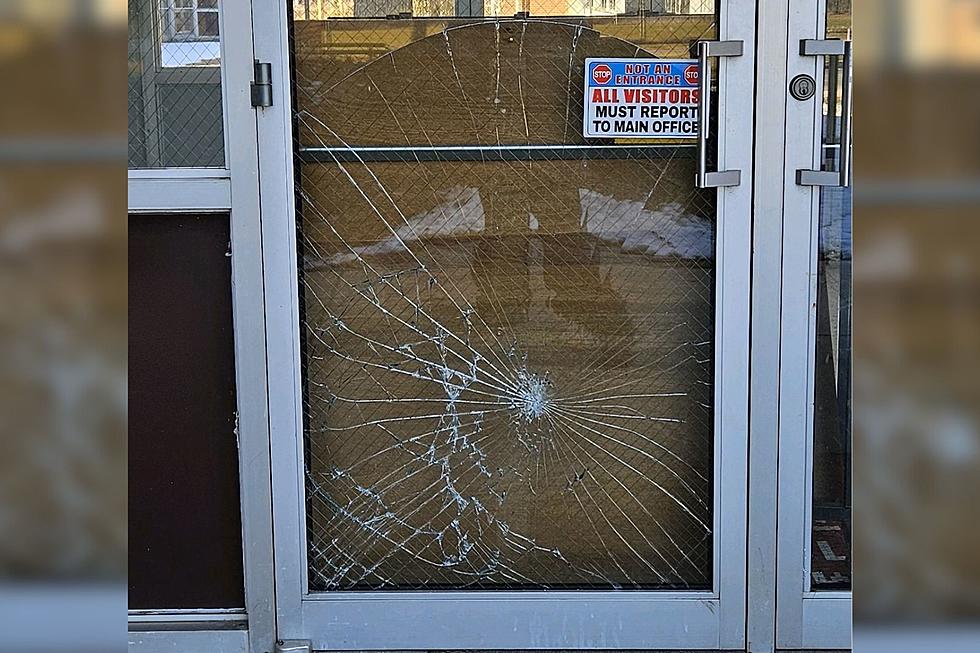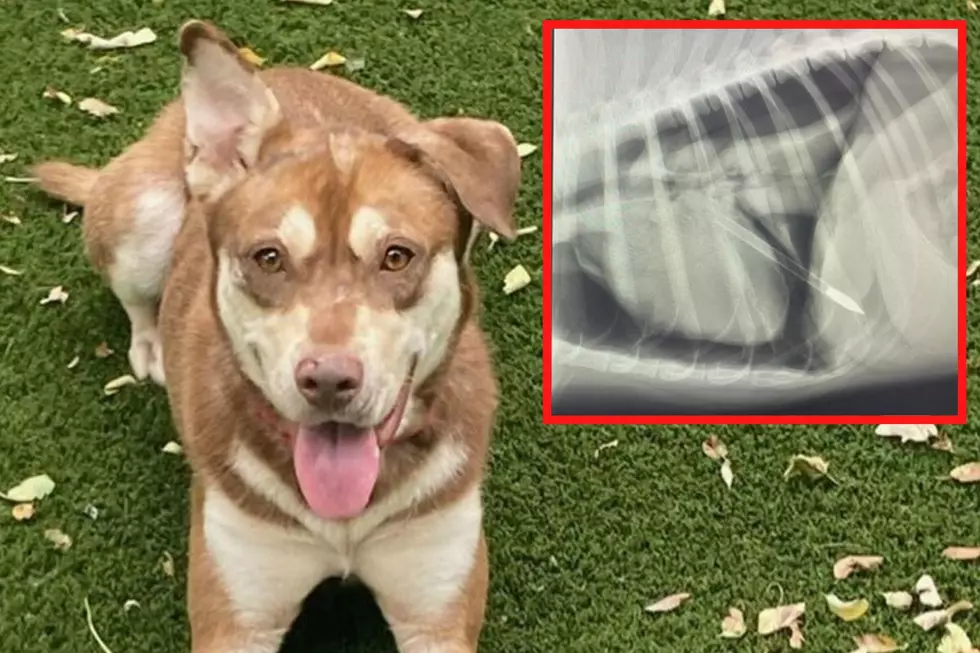
Trap and release: How NJ towns are controlling their feral cats
Tens of thousands of feral cats are living in towns across the Garden State, and efforts are being ramped up to limit their numbers.
Feral cats often slink around like small tigers and they can look menacing, but Emma Dolan, the director of the St. Hubert’s Animal Welfare Center Trap-Neuter-Return program, said you have nothing to worry about.
“They’re certainly not an animal to be fearful of. If you keep your distance from them, they will keep their distance from you," she said.
She said TNR is the best and most humane way to control the feral cat population.
“Simply removing them doesn’t work because of the vacuum effect,” she said.
“If there’s a food source, like a dumpster, other animals and other cats will be attracted to that location. But if you spay and neuter the ones already there, then you have a maintained colony that will not reproduce.”
Dolan pointed out that “trapping them and getting them fixed is the best way to control the population. If you don’t control the population, they will continue to grow and grow and grow.”
She said there’s no need to try and catch a feral cat yourself if you aren’t experienced.
Dolan stressed if you do plan on catching a feral cat yourself, “having a plan is very important. It’s easy to borrow a trap and get a cat in a trap. But then what do you do? You need to plan.”
She said even though feral cats have reverted back to their wild state somewhat, they’re still considered a domestic animal that require human support in the form of food, water and shelter. However, that doesn’t mean it’s a good idea to try to coax a feral cat into your house or garage.
“I would not recommend it. Containing an animal, they will become very fearful. They don’t understand you’re trying to help them.”
She said as more and more towns have started agreeing to have TNR programs introduced, the state’s feral cat population has begun to decrease. Kittens are socialized and put up for adoption.
St. Hubert’s has started selling vouchers that allow people to bring in a cat for TNR.
“They’re spayed or neutered, they get vaccinated, they get a microchip and they also get an ear-tip, which is important for future identification," she said.
You can contact reporter David Matthau at David.Matthau@townsquaremedia.com
More From New Jersey 101.5 FM









